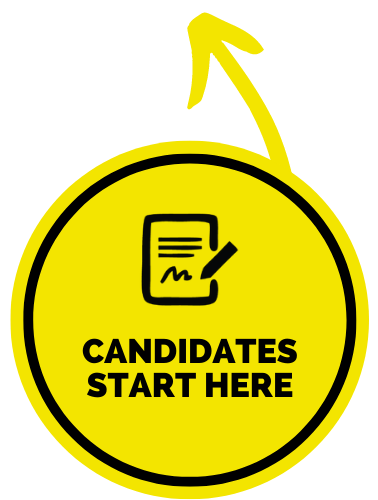
It’s safe to say that The Tinder Swindler, Netflix’s documentary about a conman who uses dating apps to target his victims, has taken the world by storm. You might be horrified at how cruel some people can be. Maybe you’re intrigued as to how he got away with his scheme for so long. You may believe that you could never fall for a scam like that. Unfortunately, we live in a world where people will lie, cheat, and steal to make a quick buck – even to a group as vulnerable as job seekers. Want to avoid getting “swindled” as a job seeker? Here are 5 common red flags to look out for:
1. Things don’t add up
Our first instinct in our current technological age is to Google everything. Even the women featured in the documentary Googled Simon Leviev before going out with him – and we know how that went. The problem is that not every source is reliable. Google, like most websites nowadays, is powered by algorithms. These tailor your search results not just to the pages relating to your search that have the most traffic, but also to those that you would be most likely to click on. This means that while you may believe that the sources are reliable, these aren’t rated according to accuracy or fact-checked information.
So how do we spot the red flag then?
Here are some tips for effective research:
Google the company name + “scam” or “fraud”
If there is a known scam, other people will be talking about it – this should help you find examples of it online.
Ask questions – lots of them
If they can’t give you a straight answer regarding the role, or are purposefully vague, it’s normally a sign that they have something to hide.
Get input from others
In the documentary, the women’s friends frequently warned them that something was off about their new flame. Have people you trust? Get their input. As objective outsiders, they will be able to offer you an unbiased opinion in your best interest.
2. They want your money
It’s all fun and games until they start asking you to pay. This should be a HUGE red flag – especially for job seekers. Any legitimate company ethically won’t ask you to pay for any part of the recruitment process. Part of the cost of recruitment for a company includes documentation, background checks, profiles, or interview costs. After all, if people are unemployed, how could you expect them to pay for it? Especially if every role required this? It would be cruel.
Any company asking you to pay for checks, fingerprints, or any other admin cost is, at best, an unethical company, or at worst, a scam. The minute the company asks for money, run very far in the other direction. If they keep pestering you, block and report them. Here are some ways to contact the South African Fraud Hotline to report a job scam:
- FreeCall: 0800 997 263
- SMS: 33490
- E-mail: sacaa@whistleblowing.co.za
- Website: www.whistleblowing.co.za
3. You get a bad gut feeling
As humans, we’re great at spotting danger. We’re adapted for it. Even if it doesn’t always bloom into full-blown anxiety (like it does in my case) often things that are a little off will ping something at the back of your mind. The women in The Tinder Swindler talk about how certain things struck them as weird, before dismissing them.
When those feelings pop up, lean into them. When something seems weird, follow that line of logic. If it’s nothing, questioning it will just confirm that everything is okay. If there is something wrong, questioning it will help you get out of danger before it becomes a problem. Remember, if something seems way too good to be true – it probably is.
Remember:
There are always agencies and companies out there who genuinely want to help you find the perfect role. However, there will also always be people trying to take advantage of job seekers. Always do your research, trust your gut, and report anything that seems suspicious. The right job is out there. Don’t get “swindled” along the way.









